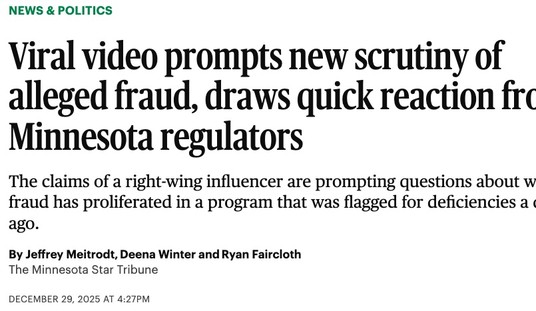Republicans on one side, Democrats — forever vigilant about the integrity of the electoral process except when it’s inconvenient — on the other. The left claims that requiring ID amounts to a poll tax designed to discourage the poor from voting. Minor problem: ID is free in Indiana. Hence this very important question for the Court: Does having to wait in line for a few hours at the DMV violate the U.S. Constitution? From pages 14-15 of the opinion, John Paul Stevens betrays the Cause:
The burdens that are relevant to the issue before us are those imposed on persons who are eligible to vote but do not possess a current photo identification that complies with the requirements of SEA 483.16 The fact that most voters already possess a valid driver’s license, or some other form of acceptable identification, would not save the statute under our reasoning in Harper, if the State required voters to pay a tax or a fee to obtain a new photo identification. But just as other States provide free voter registration cards, the photo identification cards issued by Indiana’s BMV are also free. For most voters who need them, the inconvenience of making a trip to the BMV, gathering the required documents, and posing for a photograph surely does not qualify as a substantial burden on the right to vote, or even represent a significant increase over the usual burdens of voting.
They should have tried a “cruel and unusual punishment” argument instead. What about elderly voters who may not be able to find their birth certificates to obtain ID? Saith Stevens, that’s what provisional ballots are for. Do note that if you take the left seriously here, the act of voting itself arguably imposes an unconstitutional burden: As with a trip to the DMV, it requires leaving work, traveling, and waiting on line for an unknown amount of time. The only difference between the two is having to scrounge around for a copy of your birth certificate. That’s the “hardship” they’d have you believe warrants invalidating even the barest attempt to ensure that voters are who they say they are.
The other argument against the statute? Republicans support it. Really. Page 23:
In their briefs, petitioners stress the fact that all of the Republicans in the General Assembly voted in favor of SEA 483 and the Democrats were unanimous in opposing it.21 In her opinion rejecting petitioners’ facial challenge, Judge Barker noted that the litigation was the result of a partisan dispute that had “spilled out of the state house into the courts.” 458 F. Supp. 2d, at 783. It is fair to infer that partisan considerations may have played a significant role in the decision to enact SEA 483. If such considerations had provided the only justification for a photo identification requirement, we may also assume that SEA 483 would suffer the same fate as the poll tax at issue in Harper.
But if a nondiscriminatory law is supported by valid neutral justifications, those justifications should not be disregarded simply because partisan interests may have provided one motivation for the votes of individual legislators. The state interests identified as justifications for SEA 483 are both neutral and sufficiently strong to require us to reject petitioners’ facial attack on the statute. The application of the statute to the vast majority of Indiana voters is amply justified by the valid interest in protecting “the integrity and reliability of the electoral process.”
Anderson, 460 U. S., at 788, n. 9.
Go read the boss for a refresher on who the plaintiff in this case is.








Join the conversation as a VIP Member